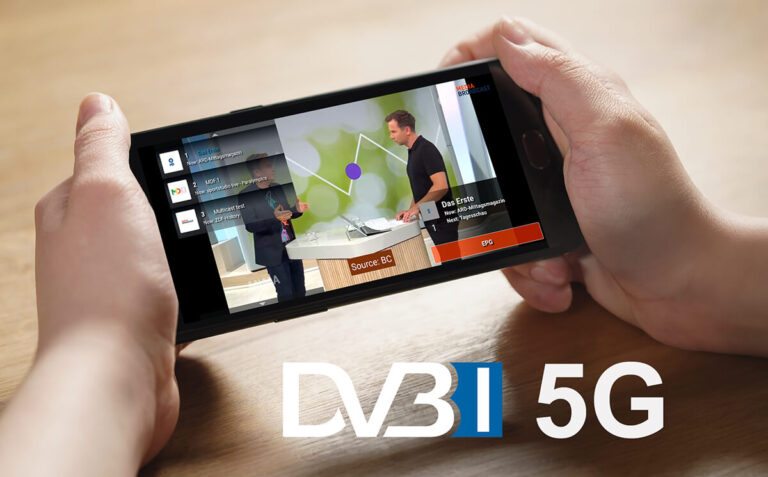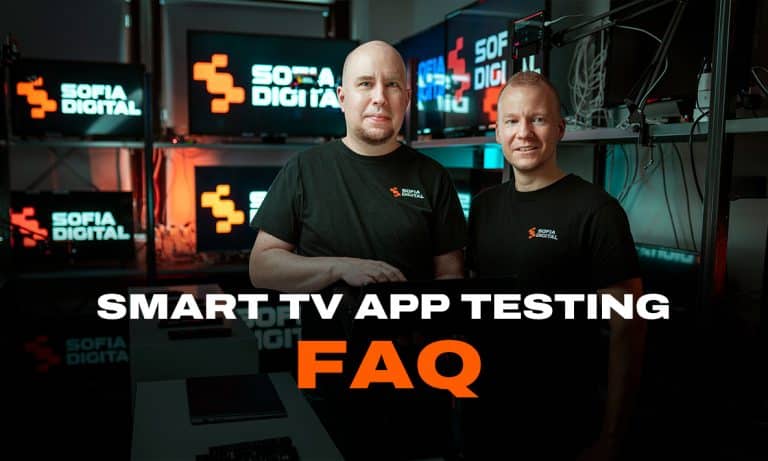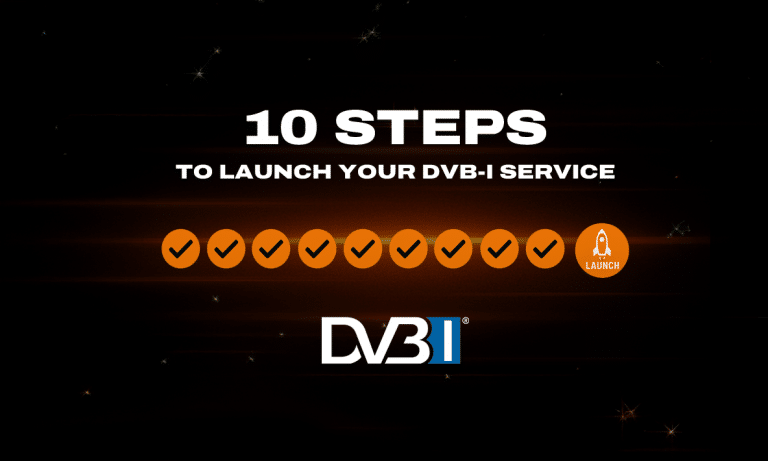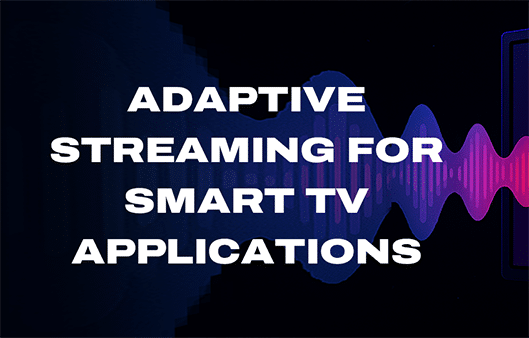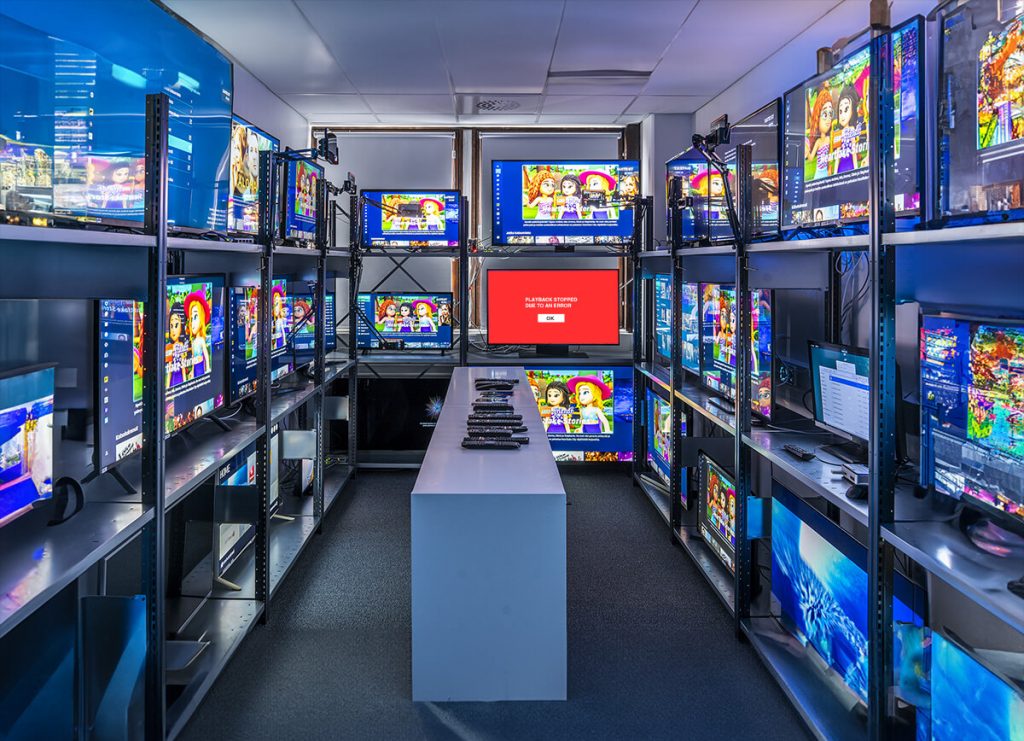
How do you make sure your app works on the latest Smart TV and HbbTV implementations? Download our testing whitepaper to find out. It covers different types of application testing, as well as explaining the difference between application testing and conformance testing.
Before you launch a new Smart TV or HbbTV application, it’s important to test several areas that are critical to app performance, including the basic app functionality, the performance of the frontend and backend, and the performance of the app on the devices you want to support. Together, these tests will help ensure that the app works properly for all your customers, even at peak viewing times.
Test your app on different devices
When an app is used on a Smart TV, the most important thing for the viewer is that the app works well and that video playback is smooth – the experience should be flawless. This means that you need to benchmark all supported devices to ensure they have sufficient processing power and memory to handle the demands of the app. Device performance tests are run locally on a single device, and they should evaluate whether this runs the app properly, with smooth graphics and without stability problems stemming from, for example, bad memory management or insufficient video buffer implementation.
However, because there are so many different device manufacturers and platforms in the Smart TV market, it can be difficult for app developers to get access to all the devices they want to support. For this reason, they are likely to need the help of a company like Sofia Digital. We have our own purpose-built testing laboratory, which contains over 200 devices from leading manufactures. This enables us to thoroughly test apps on all the most popular Smart TV products and platforms on the market.
Do performance and stress testing
Although OTT services give customers the freedom to watch shows whenever they want, the rhythm of working life means that there are still peak viewing times in the broadcasting calendar, including Friday evenings and weekends. Your app and your service need to be able to handle these peak levels of traffic without breaking.
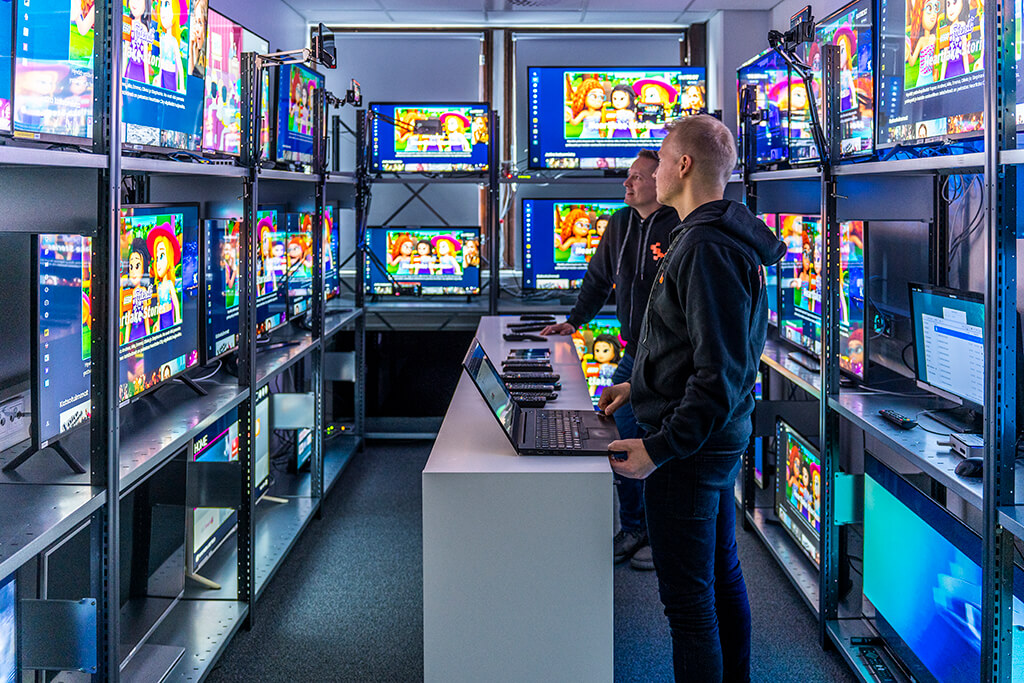


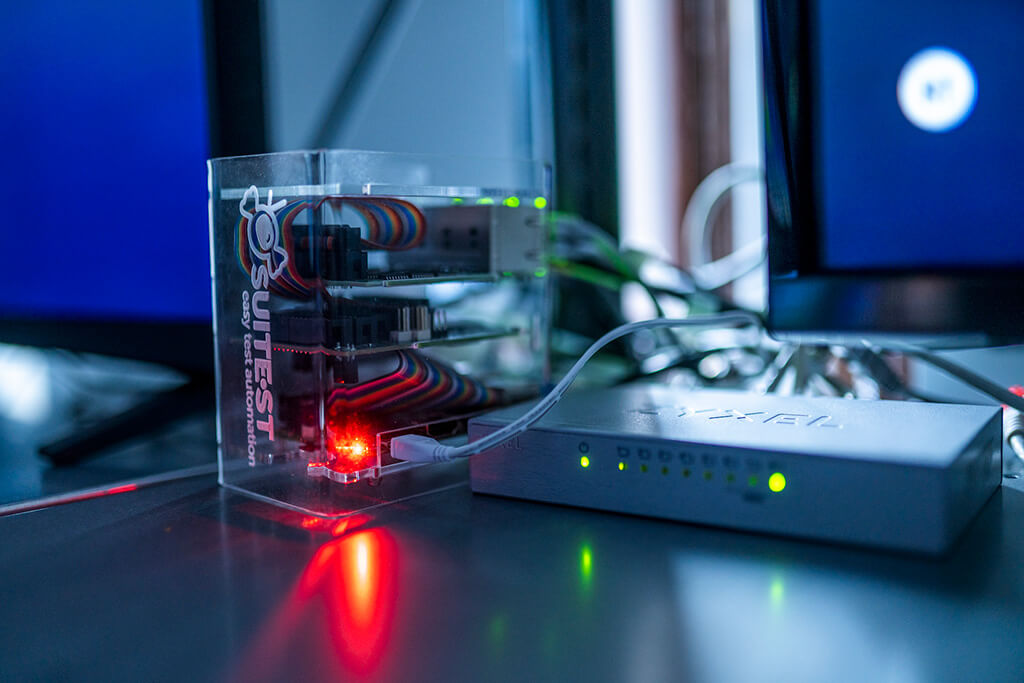
Since problems are more likely to emerge when the backend is under stress, stress tests are needed to investigate how the backend performs under the heavy loads that are likely to occur at peak viewing times. For example, a load test can be used to simulate what happens when millions of customers try to access a service at the same time. A typical load test would be to start with a slightly lighter load, and then gradually increase it for 30 minutes to see how long the backend copes, while simultaneously testing the app in normal use to check that it functions correctly without hanging or other issues. Another type of stress test is to test how the player responds to repeated opening and closing over several days of continuous use.
These kinds of tests will help you catch problems before you launch your app, and they’ll help you ensure that it will work as you and your customers expect.
Find out more and download the white paper: It’s hard to test too much – Why testing your Smart TV and HbbTV platforms and applications is essential
After you have read the white paper, you should know more about what kind of testing you are likely to need for your Smart TV and HbbTV offering. When you’re ready to find out more, get in touch. Our testing team will be happy to help and discuss your needs in more detail.
With Sofia Digital, you’ll get everything you need from one company.

